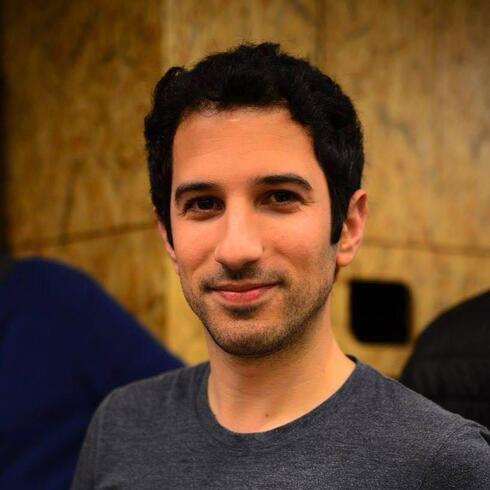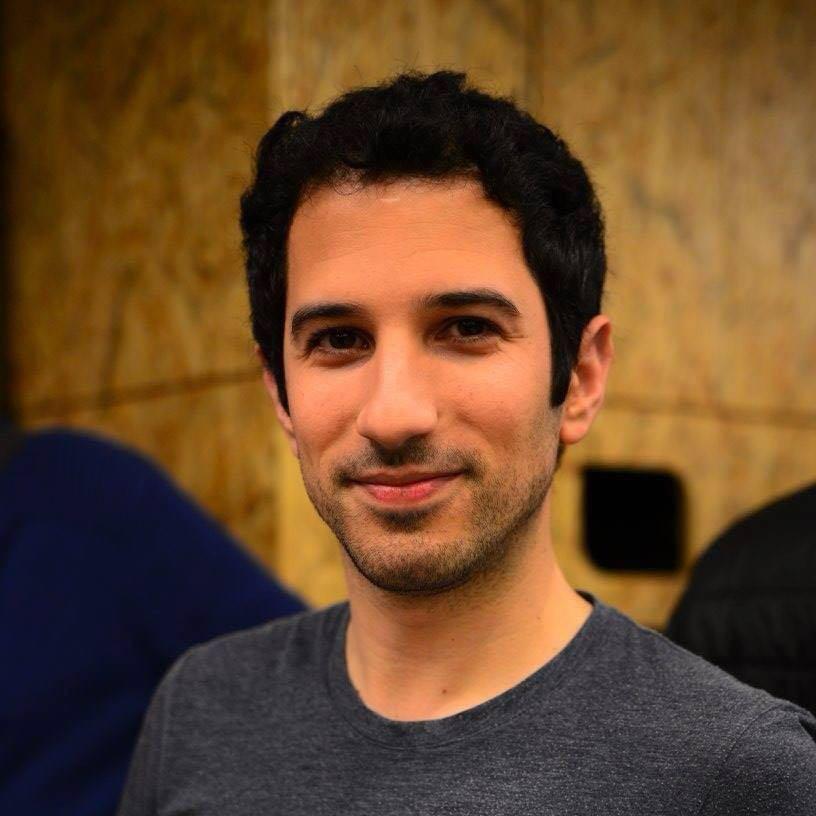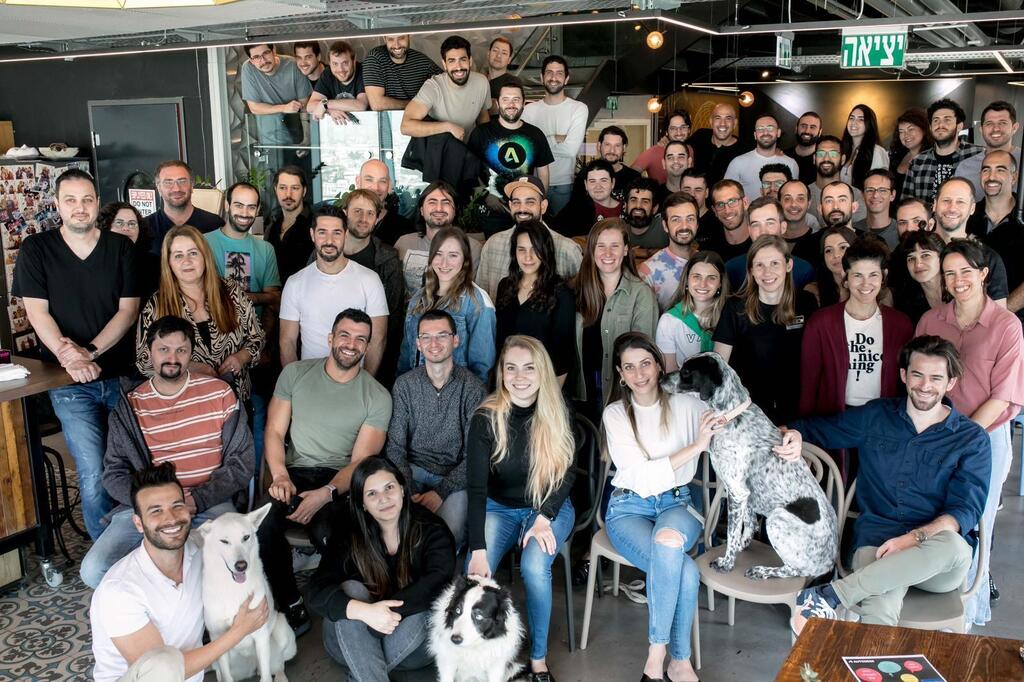
The top priority for managers after October 7 is empathy and resilience
Omri Aharon, senior engineering manager at Autodesk, discusses Autodesk's commitment to humanitarian aid in Israel and its commitment to its employees in the local office as a whole. As he puts it, "Empathy is the whole story"
Omri Aharon
In the first week of the war, the Israeli branch of the American software corporation Autodesk rushed to donate $100,000 to the Magen David Adom (MDA) relief forces. In addition, the company encouraged its over 12,000 employees across the country to donate while committing to double any amount donated.
Also, the company initiated a support package for the workers, in cooperation with the global HQ, and established an aid fund of up to $5,000 per employee for various expenses as a result of the war - in order to make it easier, supportive and make sure that each and every one of them feels that there is someone who cares for him, who sees him, and who understands him at this time. Funding for the establishment of a safe room at home, assistance with medical expenses, a grant for the families of recruits and essential workers - are only part of the company's ERF fund, offering financial assistance in times of crisis.
Omri Aharon, a senior engineering manager at Autodesk's local site says that "the top priority for managers after October 7 is empathy and resilience".
Management is a profession in its own right. It’s not always being thought of as such, but it is. And as such, it has its own challenges even without applying any other parameters to the equation. October 7th took everyone by surprise, with shock, fear and a wide range of emotions impacting all of us. For many of us, specifically in management, we entered uncharted territory.
A good trait for every manager, most would agree, is empathy. Relating to our people, understanding their pains and challenges, and being able to reflect that back to them goes a long way. It’s part of building trust and rapport. As crucial as it is in routine, it becomes even more so during extreme times such as the October 7th war.
In Autodesk, management intrinsically understands this. There was no doubt in anyone’s mind that we should give employees absolute freedom in the early days to try and stomach the events that transpired. We announced that we are not expecting anyone to put in work, and that we acknowledge that folks need time to process what’s happening.
The problem with this approach is, that while it’s beneficial to the employees, we still report to the global company. Our relationship with the non-Israeli headquarters is excellent, and everyone was very empathetic and supportive, but sooner or later we knew we would have to pick up the pace. It’s not that they demanded it, or tried to say anything along the lines of “take some time off now, but try to make up for it later”. Far from it. But we all strongly believed that it’s important to show resilience even, or maybe especially, at times like these, and that everyone knows that the Israeli team is one to be counted on, no matter what.
The balance can be tricky. For my group, I preemptively sent a message to my manager in San Francisco and my peers saying that this time it is not yet another “usual round”, and that our employees might require some time or might take slower to answer. I asked them to relay all urgent matters to me and I’ll do my best to make sure everything will be resolved as soon as possible. In essence, I was trying to shield my teams and ensure they get the space they need to cope, while fielding any urgent matters. I hoped to absorb that for as long as possible, keeping an eye on timelines and continuously reassessing our quarterly progress.
We knew that going back to work is important. It’s important for the business, it’s important for the Israeli economy, and it’s important for the employees themselves. We just wanted to make sure we didn’t press too hard and that everyone could climb back on the horse at their own pace. In order to understand each person’s state of mind, we opted for frequent 1-1 checkups with individuals instead of general one-size-fits-all messages, and we let the managers do what they do best - connect with their people.
The importance of keeping in contact with our employees cannot be overstated. Obviously, in normal times, the 1-1 weekly cadence is important and would not be postponed or canceled unless there’s an emergency. But even outside of work, as most employees didn’t work for a while after everything began, it’s very easy to keep in touch with a quick message or a phone call, just to make sure we stay connected. There’s no need to come up with any special content. It’s a simple “How are you doing? Can I help with anything?”.
That’s how the first few weeks looked like. Meanwhile, leadership and senior managers met to map out the various projects we have for the upcoming quarter, determining which are of top priority and which can be flexed. Team leads took extra measures to check execution pulse and move things around to ensure the high priority projects were getting the attention they needed. Employees received the time and space they needed, and were grateful for that.
After a while, we noticed that employees started working on their own without having to be asked. Some employees found work a distraction from the news, some just acclimated to the new routine, and of course, some were still finding it hard to work. For those employees, we kept giving them the space they needed, never pressing.
The key to navigating at times like these is simple - just be a human being. There’s no need to be anything fancier than that, or concoct some secret formula. All people want is to be heard, to be understood, to have someone on the other side that’s listening. As long as you keep your sensitivity and empathy, or in short - your humanity, you will make the right decisions and your employees will get the support they need.
















